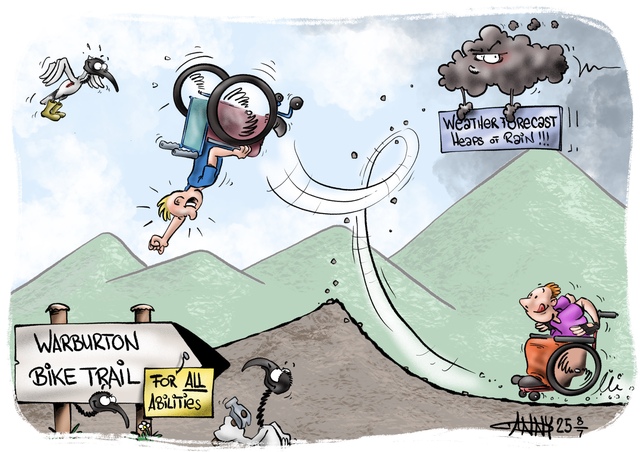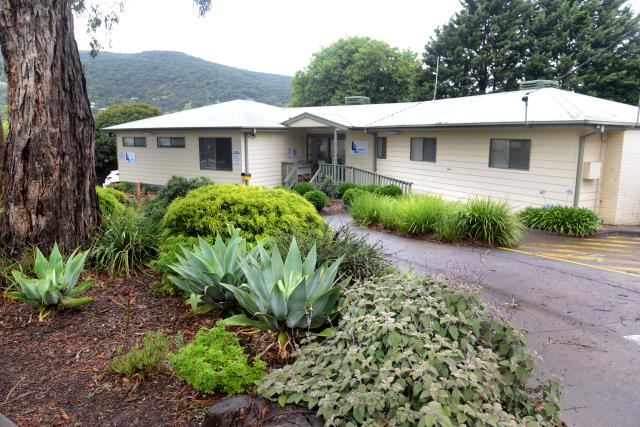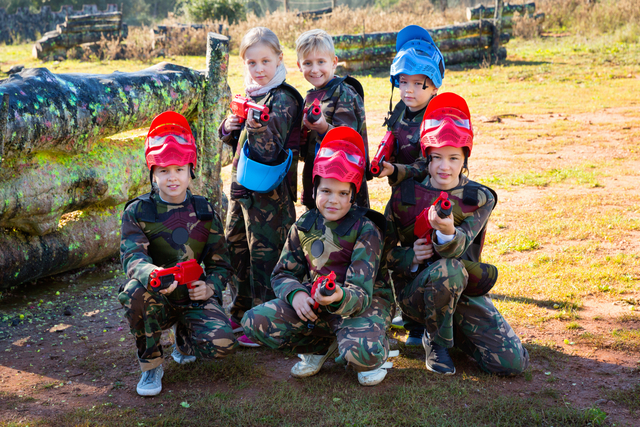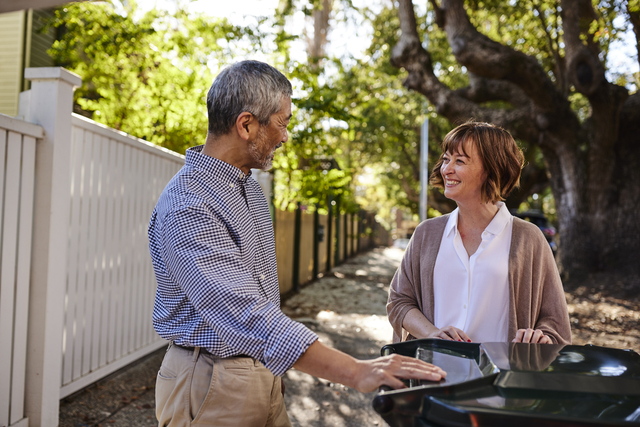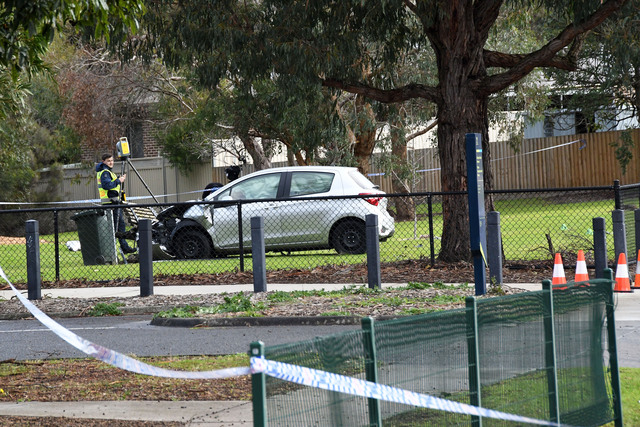A $10,000 boost to Taskforce Community Agency from Australia Post’s 2022 Community Grants Program has given carers in Cockatoo access to additional support services.
Taskforce Community Agency’s Carer Wellbeing: Restorative Activities for People Who Care project run at Cockatoo Community House will see a series of upcoming parent support sessions, mindfulness sessions, yoga and supported art programs.
The activities will be designed to promote carers’ mental health and mental wellbeing through access to informal support.
Cockatoo Community House coordinator Lisa Sawatzky said the organisation applied for funds after seeing a need for additional support for carers in the area.
“Some of the challenges have been around difficulty accessing therapeutic support, or accessing therapy based appointments during [Covid],” Ms Sawatzky said.
“Consequently, at times there’s significant waiting lists for those supports to be in place…
And the recognition that people with disabilities are particularly vulnerable around Covid… that created some additional isolation, because during that time, carers may have chosen to limit that social engagement around the safety and managing that potential exposure to Covid.
“Some of those carers and people with complex health needs haven’t completely been engaged with community, and so having some support around how that might happen is important.”
Guest speakers will also visit Cockatoo Community House to cover a range of areas, including awareness around government funding and entitlements, access to support services in the area and self care.
“Within our local community we have carers that might be parents of young children who have a disability, or have been diagnosed with perhaps some developmental delays…we have carers who are caring for an adult child with a disability, and we have carers that are caring for a partner, or they might be providing care for a parent, an elderly parent; so there’s lots of different types of carers,” Ms Sawatzky said.
“We want to connect with all of those people within our community who have a caring responsibility, and just providing a bit of additional support to those people.”
One of the other key outcomes, Ms Sawatzky said, is providing support that will help carers achieve better wellbeing.
“For example, if a young mum’s dealing with a recent diagnosis of a developmental delay or a disability [with] their child, it was about a sense that – a feeling that – they were a bit isolated and perhaps their other friends had a different journey, so having that opportunity to meet with others who have similar challenges and similar experiences was something that they articulated was important,” she said.
The series of parent support sessions will commence after a consultation process.


